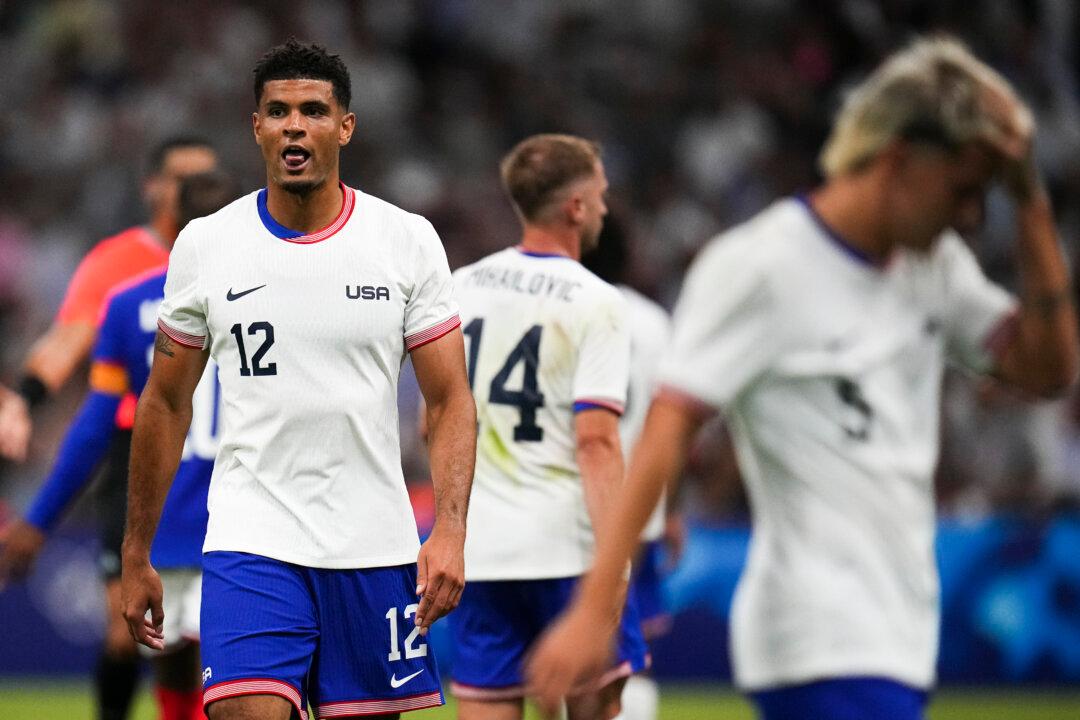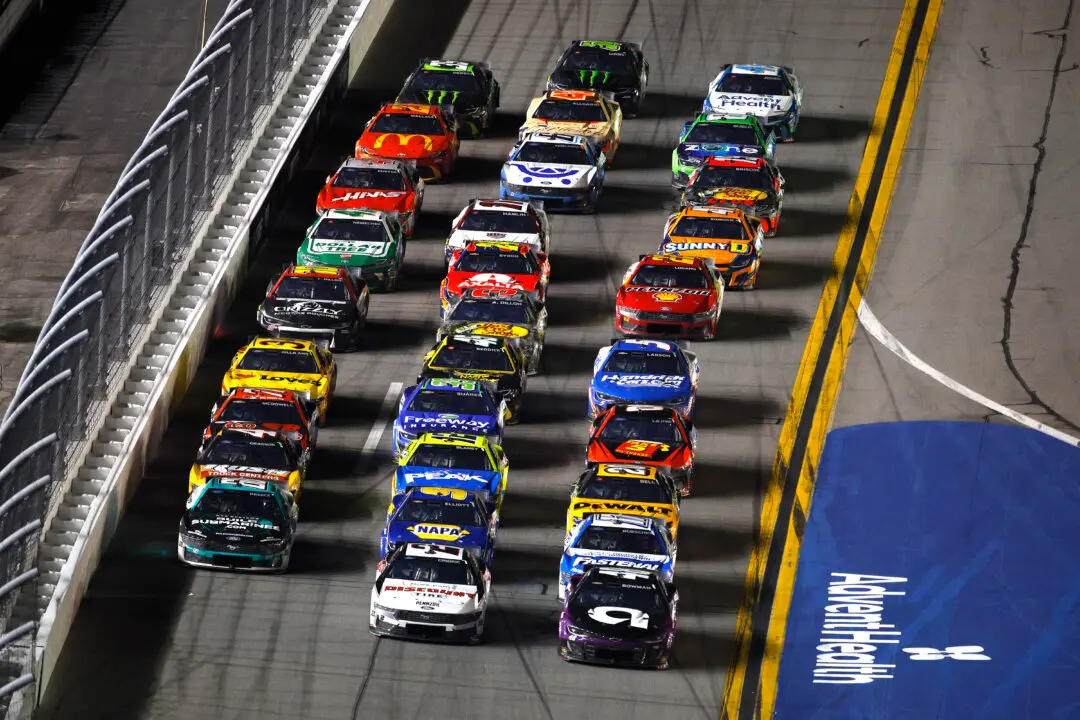The under-23 U.S. men’s soccer team participated in its first Olympics match in 16 years on Wednesday, as soccer at the 2024 Summer Olympics started a bit earlier than the Opening Ceremony, which will be held on Friday. The U.S. men’s national team (USMNT) took on France’s under-23 team, which meant no Kylian Mbappé, Antoine Griezmann, or any of the other familiar names of French soccer.
But even with the playing field somewhat leveled with Olympic soccer restricted to players aged 23 and younger, the United States was outclassed in every way possible in a 3–0 defeat—a less than ideal start to the Olympic journey.





